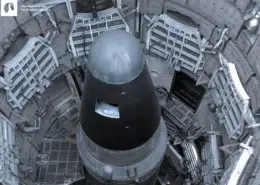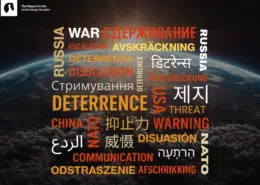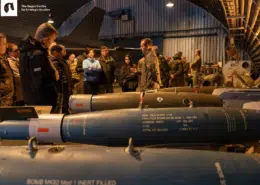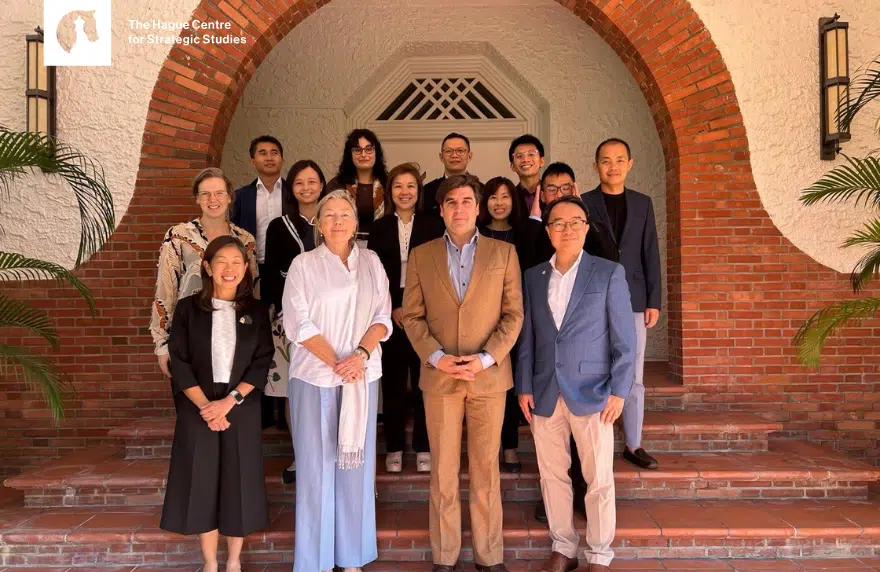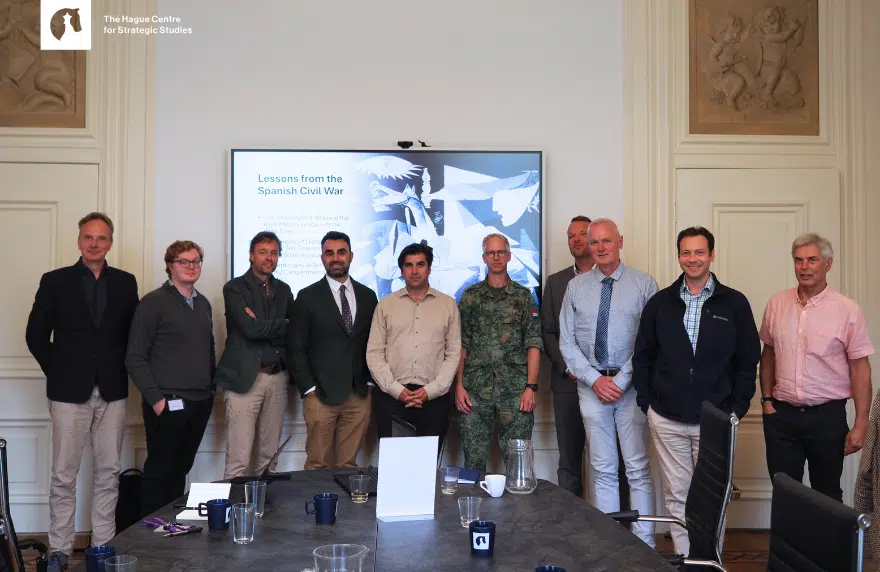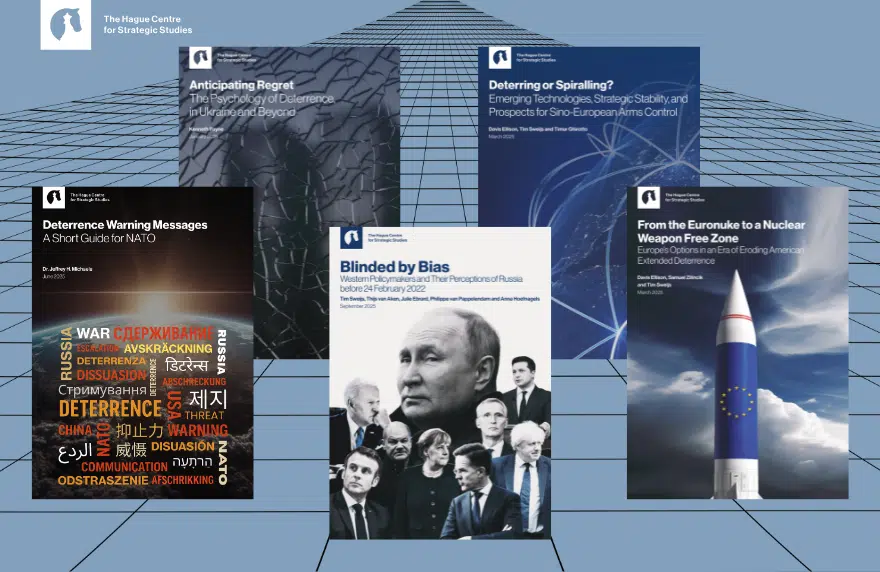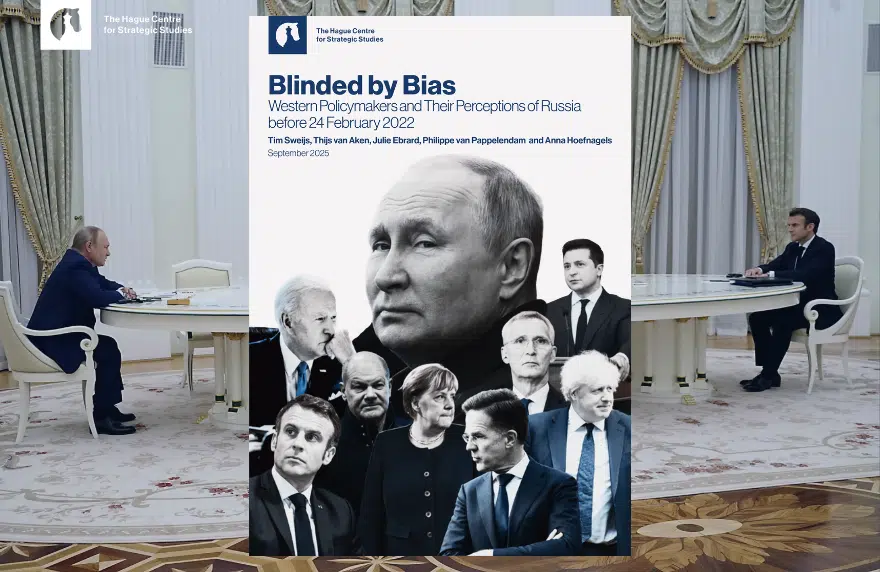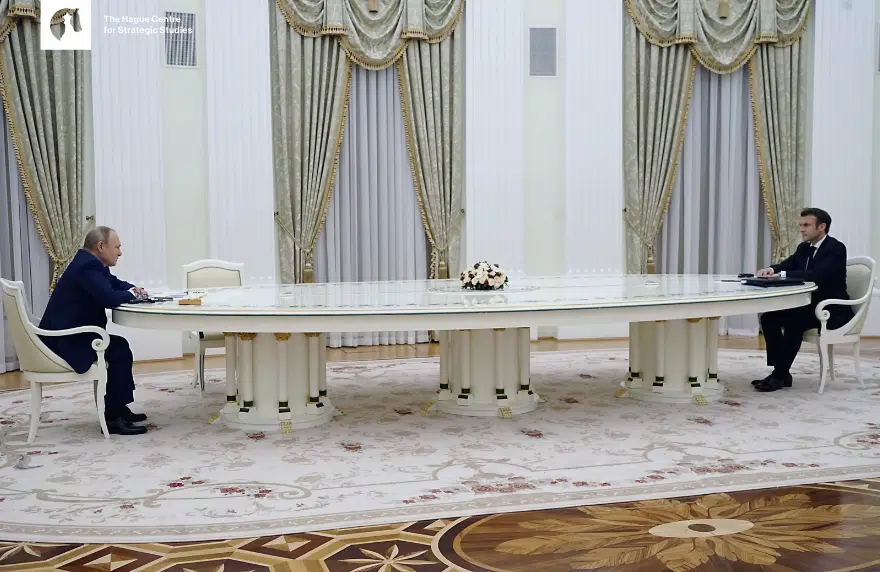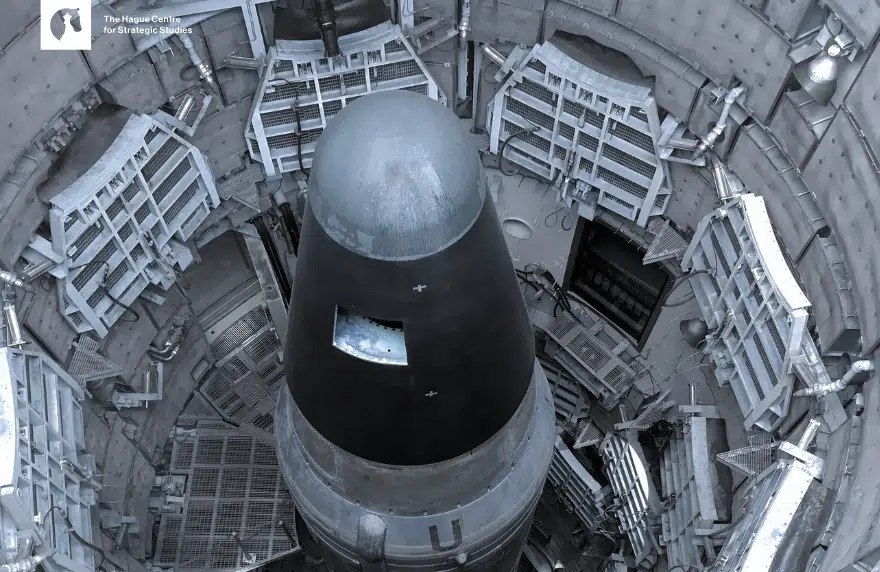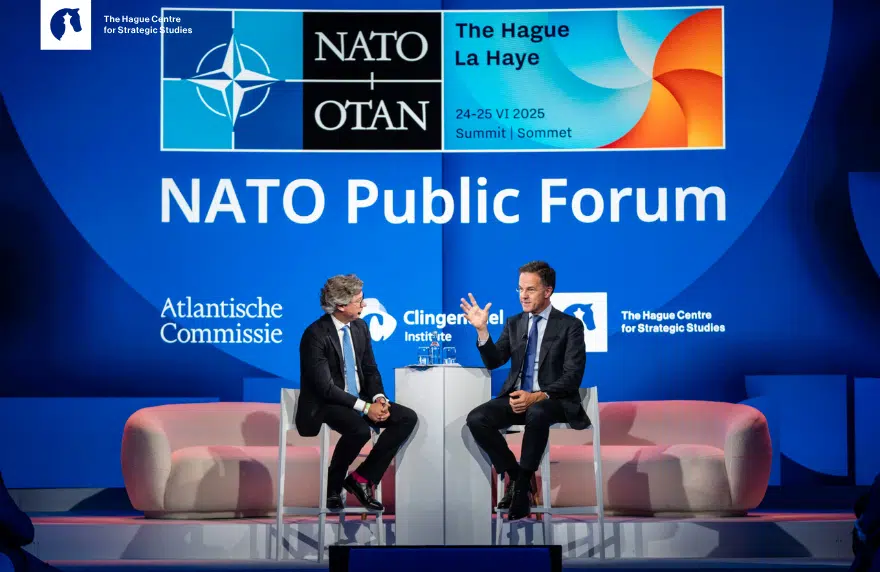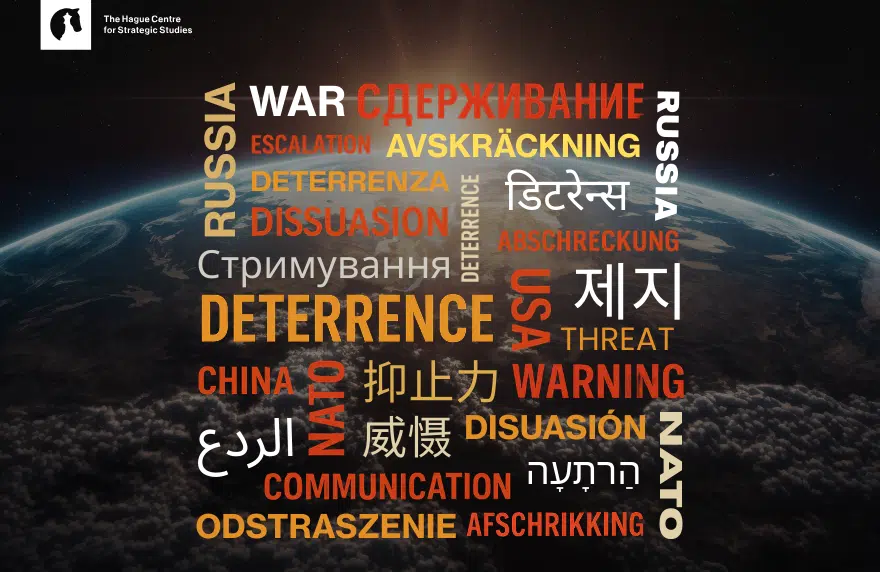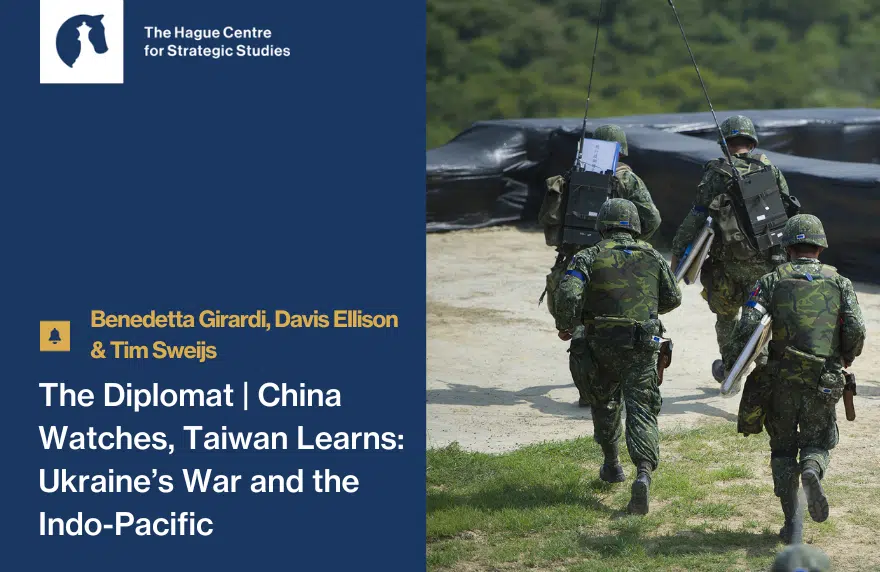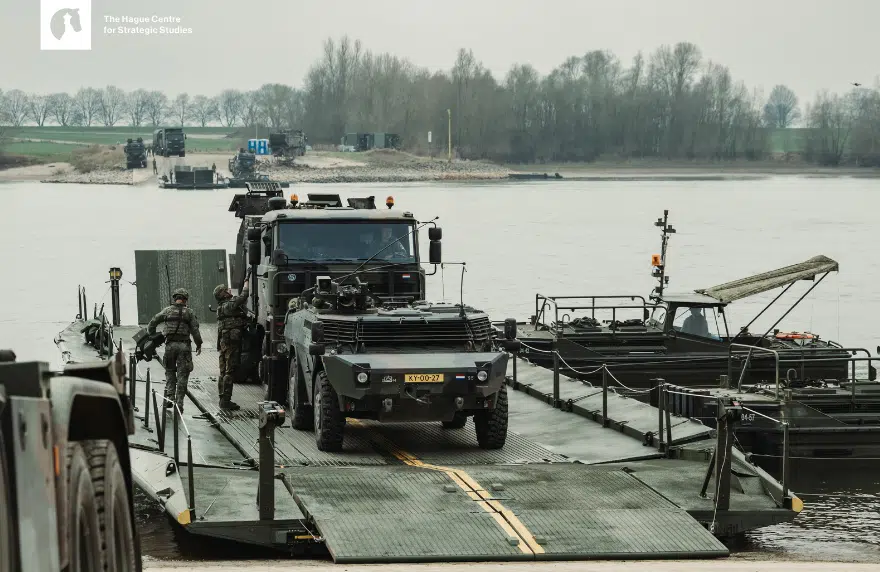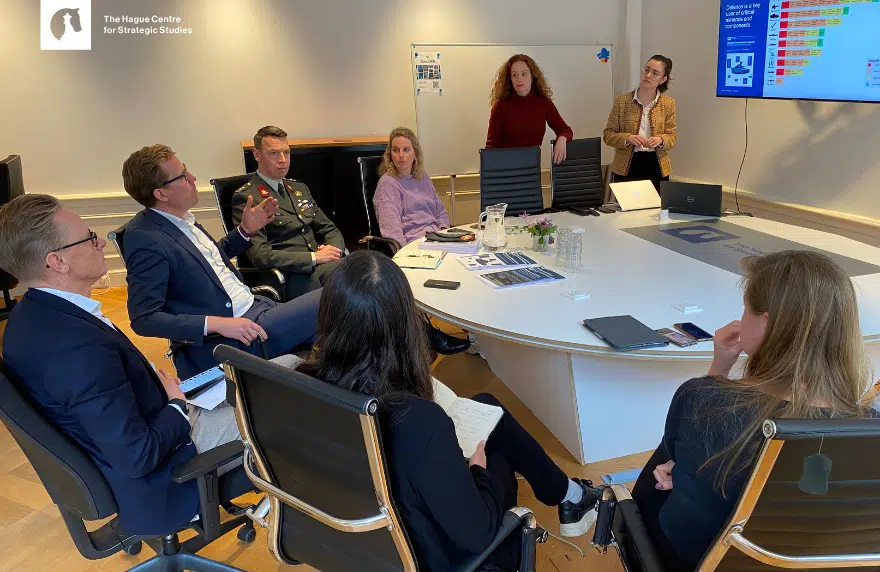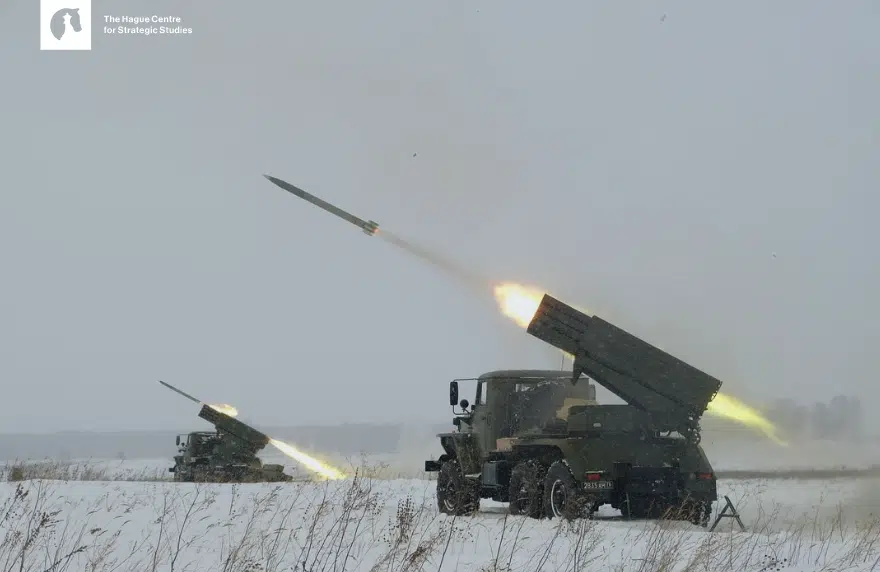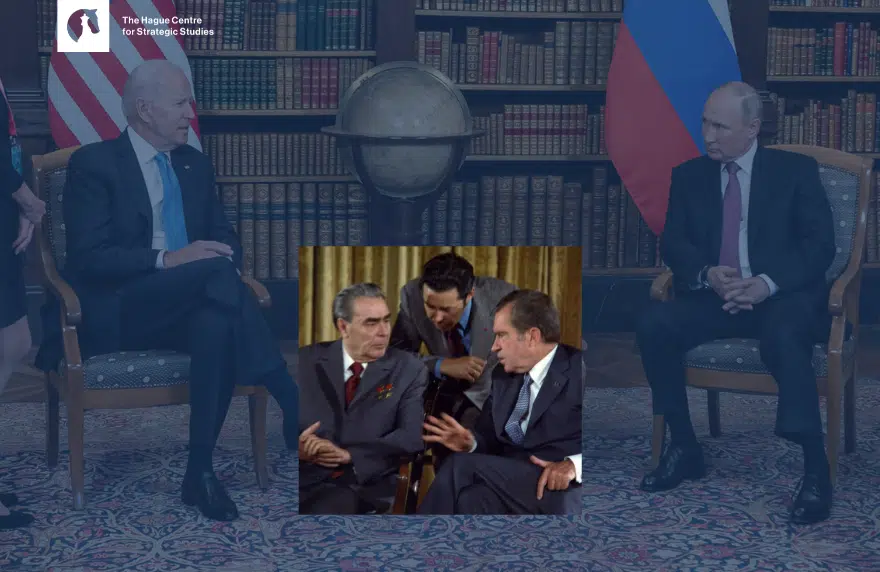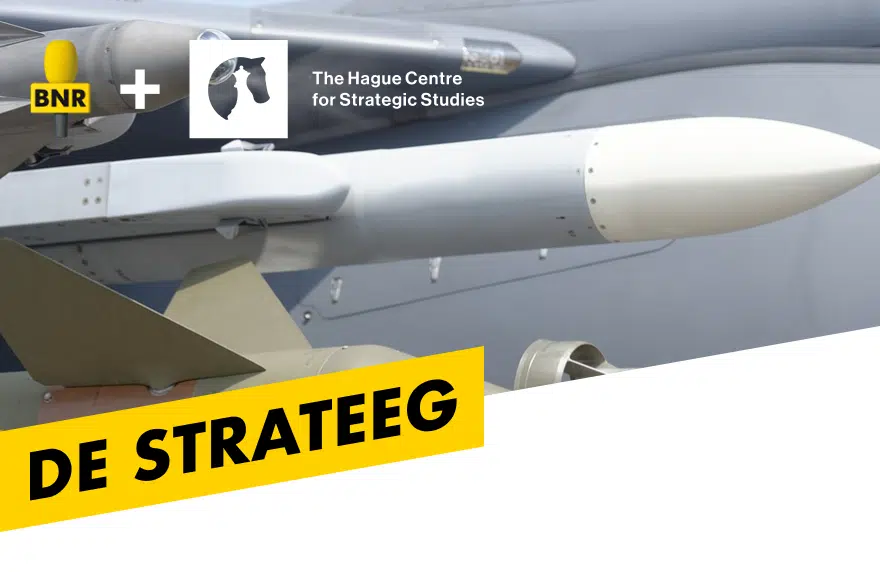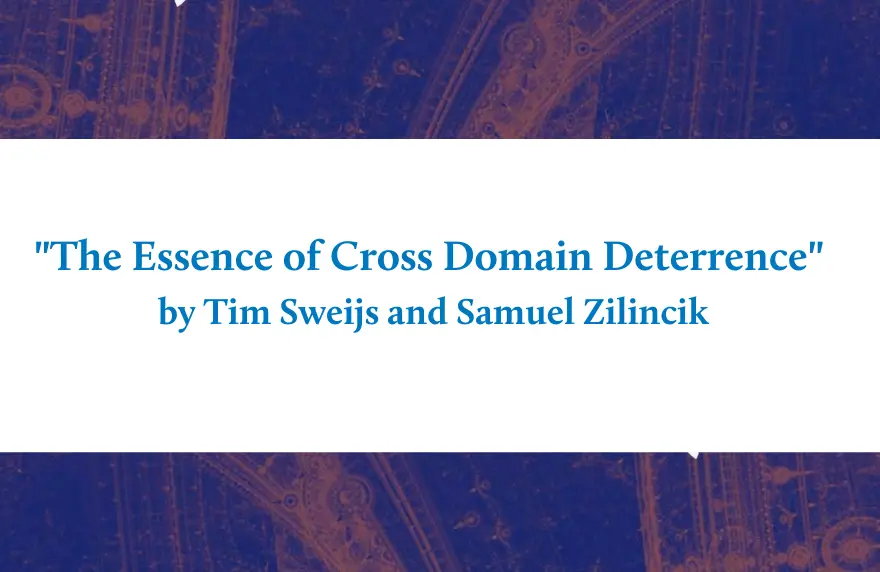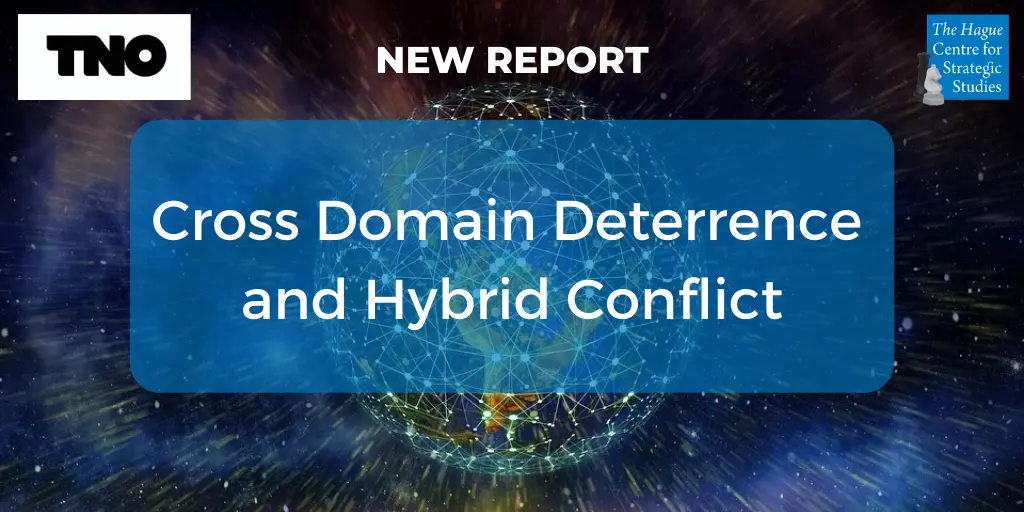Deterrence and arms control are often perceived to be in contradiction with one another, but they are in fact complementary. Deterrence is raising the costs and risks of unwanted actions by an adversary to dissuade them from taking those actions; arms control is finding common ground between adversaries on which costs and risks are acceptable and how states can achieve strategic stability. Questions of deterrence and arms control have become more complicated over the past decade, driven by intensified geopolitical competition in Asia and Europe, by emerging technologies, such as artificial intelligence and cyber capabilities, or refinements in existing technologies, such as ballistic, hypersonic, and cruise missiles. Today, the arms control regime of the Cold War is in trouble, unlike the bipolar world of past, the US would now have to find common ground with both Russia and China. How Europe can shape a reinvigorated arms control regime is an open question, but one which HCSS seeks to answer in our Deterrence and Arms Control programme.
 https://hcss.nl/wp-content/uploads/2025/09/website-Blinded-By-Bias-4.png
572
880
Patrick Willemsen
https://hcss.nl/wp-content/uploads/2021/04/HCSS_Beeldmerk_Blauw_RGB1200-ppi-e1619025866259-300x300.png
Patrick Willemsen2025-09-09 08:29:282025-10-15 13:53:34Blinded By Bias: Western Policymakers and Their Perceptions of Russia before 24 February 2022
https://hcss.nl/wp-content/uploads/2025/09/website-Blinded-By-Bias-4.png
572
880
Patrick Willemsen
https://hcss.nl/wp-content/uploads/2021/04/HCSS_Beeldmerk_Blauw_RGB1200-ppi-e1619025866259-300x300.png
Patrick Willemsen2025-09-09 08:29:282025-10-15 13:53:34Blinded By Bias: Western Policymakers and Their Perceptions of Russia before 24 February 2022
